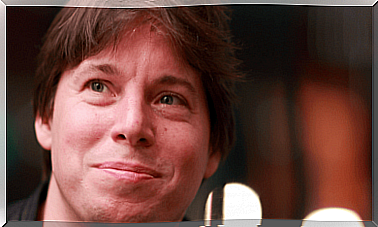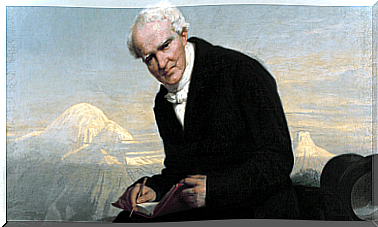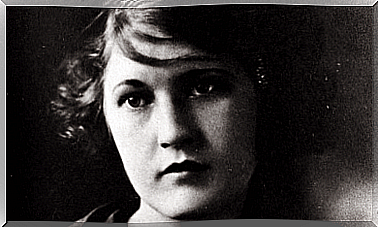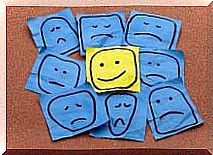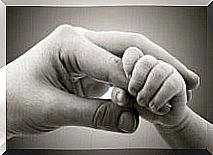Empathy In Oncology Communication

Empathy in oncology communication is essential to promote comprehensive patient care. Important elements such as proximity to the health professional, understanding and an adequate socio-emotional approach allow the patient to better face the reality of her situation, as well as the various treatments to which she will have to undergo.
W e all know, in a more or less personal way, what it means to be diagnosed with cancer. Therefore, it is important to remember that cancer does not cease to be a “disease” and that far from being an end, it is actually a beginning. A decisive beginning where we must be able to make the most of ourselves as patients or as family or close friends.
This beginning means two things: to face one or more treatments and to apply appropriate psychological and emotional strategies to face the difficulties day after day. Therefore, and throughout this process, the relationship with health personnel is vital and priority. It is also necessary that the latter be able to give the best in their profession.
Empathy in oncology communication is an artery of health, a daily link and an established force between this doctor-patient or patient-healthcare worker relationship. Its absence results in patients being treated with disinterest, formally or worse, with coldness. So many attitudes and behaviors that have a negative impact on the affected person, leaving them in a situation of total helplessness.

Communication in oncology, essential for health
The healthcare professionals and the healthcare system are exceptional. Their work and dedication to patients is commendable. They are innate donors of well-being and above all, of know-how. However, we also know that not all countries experience the same fate, since access to the health system and the development of adequate care and assistance protocols are not all implemented with the same quality.
By way of example, certain communicative and psycho-emotional skills with patients have been implemented for years in Spain while in the United States, and only by way of example, communication in oncology and its adequate application in each health facility is relatively new. There will be exceptions, there is no doubt about it, and it will depend above all on the human quality of each professional. However, it was not until 2016 that different studies on the subject appeared.
The objective of all this work and publications is both elementary and priority: the need to train health personnel in communication skills in oncology. Beyond the skills and abilities that everyone has in their profession, communication skills and those related to emotional psychology are not innate. It is necessary to train them and prioritize the fact that health professionals receive adequate and specific training in this delicate and complex field.
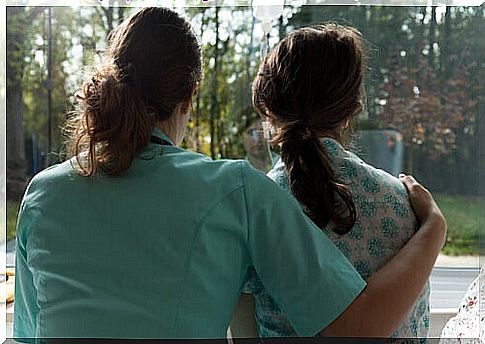
Skills that should be developed in oncology communication
Communication in oncology involves not only “knowing how to listen” but above all how to communicate, react and sense the patient’s needs. On the other hand, it also means knowing how to deploy appropriate resources and strategies for each person. All of this will ensure full patient care and adequate care, which most of the time goes well beyond treatment and surgery.
Thus, there are 3 essential skills that define communication in oncology.
Knowing how to communicate and knowing how to ask
Health professionals know that they will have to regularly give bad news: diagnose cancer, inform of a necessary operation, communicate that such a treatment does not work or that the disease, instead of regressing, is advancing. These are delicate situations for anyone and the doctor should practice this type of communication.
On the other hand, it is not always enough to “inform”. The healthcare professional must also know how to ask the patient questions to ensure that the latter has understood the information, to guess how he has assimilated it and to identify the needs he presents or the additional help he should. receive, in addition to ordinary care (for example, psychological care).
Empathy
Doctors, nurses, assistants … All the staff of a medical center, and in particular those belonging to the field of oncology, know that empathy is fundamental with patients. Emotional tensions, blockages, fears, defensive attitudes (and even anger) are present both in people with cancer and in their families, elements that health personnel must know how to manage.
Shared Decision Making Models (PDP)
Another cornerstone of medical care is shared decision-making models. It is about involving the patients themselves in the management of their health so that they do not see the doctor as a person who makes decisions unilaterally and in whom all the authority is concentrated.
According to these models, the patient and his family must participate at all times and be involved in every step. They will therefore decide jointly with the medical team and will also make a commitment to continue to work, to fight and to move forward in a concrete way.
However, for this to happen and for the daily work between doctor and patient to be harmonious, professionals must be trained and trained in these types of models.

